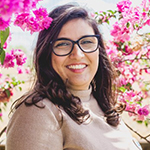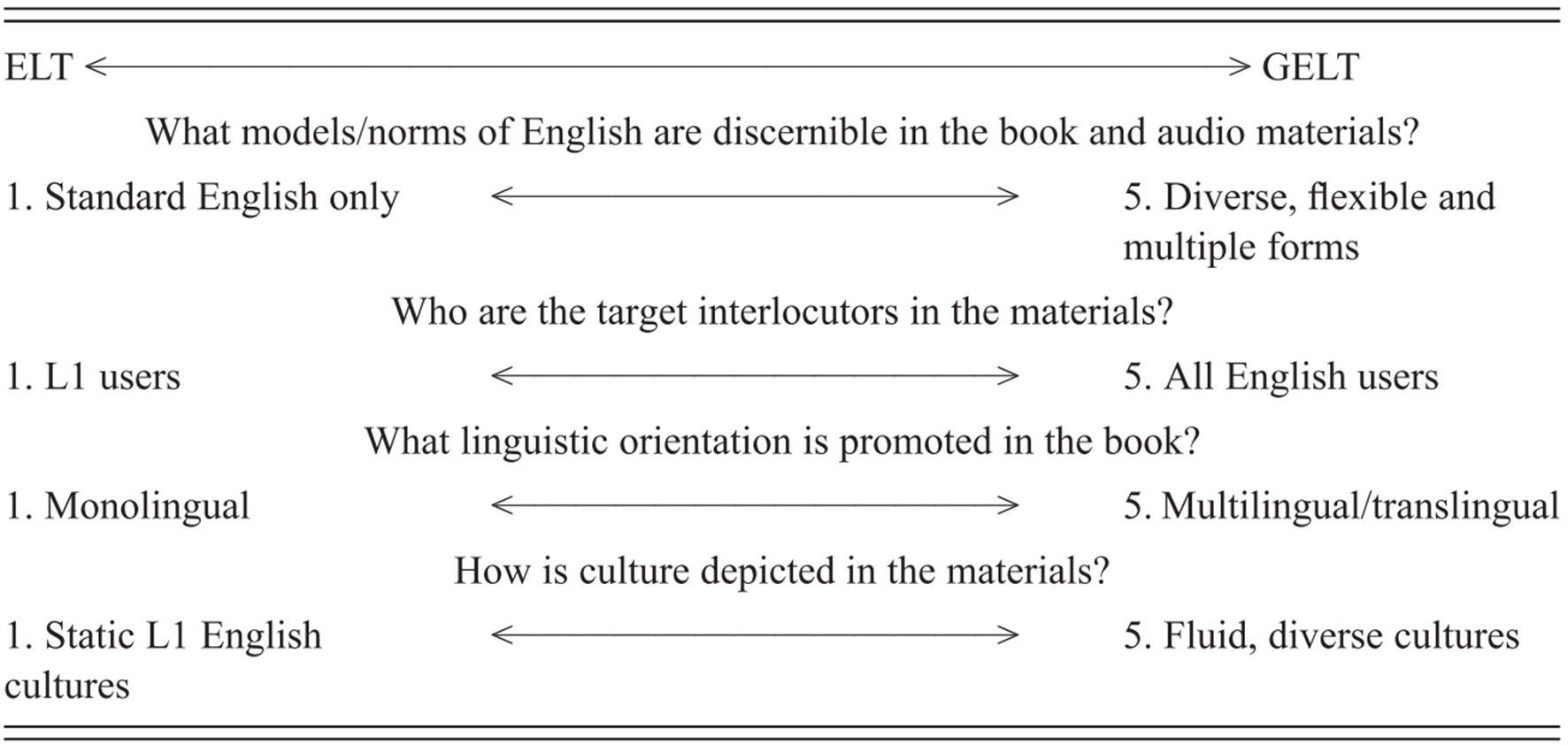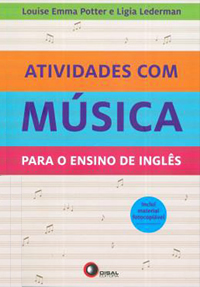By - Priscila Bordon*

Many English teachers get into teaching due to their love for a cultural product we were exposed to when we were teens. I am an example of that. I used to love rock bands, especially U2, and learned a lot trying to understand what Bono was singing. However, as an English teacher, I feel I am falling behind on the most recent cultural products that would make my students interested in English just the way I was in their age. Teachers wonder how to get their students engaged and if they are falling behind on what interests them. And as we live a different era in English language teaching, how can teachers become familiar with different cultures to engage students and include more diversity, as well as the multicultural nature of English, in their classes?
Coursebooks have been great allies to support teachers in this mission of engaging and presenting different perspectives of English to students and teachers alike. According to research, teachers tend to use coursebooks as curriculum as they are an even source of professional development for teachers in public schools, for example. As a teacher and materials writer, including a dimension of English as a Lingua Franca in my projects have proved to be effective in raising other teachers’ awareness on the diverse and fluid nature of English used globally. As more and more cultural products are not centered in said ‘native speaking countries’ such as the US or UK, students are quicker in accepting those cultural products inside the English language classroom, as they are part of a fast-paced community of social media users that has influenced their interests and engagement in trends.
Including an ELF perspective in materials writing means you acknowledge this changing world of interests and a multicultural society which has decentered the native speaker from the culture that represents English. Covering everything is virtually impossible for us materials writers, let alone teachers. An ELF perspective involves leaving room to research and exposing teachers and learners to a little of what we see in this diverse English-speaking world. Simple steps can change a whole lesson. Choosing a different picture from what you are used to, choosing a different country to write a lesson about. It is a conscious effort as we are biased to what we are used to doing.
A tip to start challenging yourself in writing more ELF-aware lesson is when choosing authentic materials, which can be defined as any texts, audios or videos not created for classroom use. Many definitions also define it as being from native-speaking countries only; However, from an ELF perspective, authentic materials are not bound to who will consume these texts or videos, but for the purpose they were created. Considering this point of view, instead of choosing texts from known sources of these native speaking countries, look for news outlets, YouTube channels and podcasts that were created for a global community produced in English by competent English speakers outside the so-called native speaking countries.
For teachers, learning how to analyze these materials is a way to help your own professional development. Identifying some features such as the use of authentic materials from outer and expanding circle countries as well as asking yourself questions when choosing your materials. Here are some suggestions by Rose and Galloway on how to reflect on the coursebook you choose. This is a continuum which makes it easier to identify the coursebook either on one side or the other, therefore helping you select the best option for you considering a ELF-aware or even Global Englishes-aware coursebook.
 (Rose and Galloway, 2019).
(Rose and Galloway, 2019).
This continuum can also help us understand our beliefs and reflect on them, as diversity is a fact of life which should be catered for. As we move forward as English teachers and materials writers, understanding the impact on what and how we write and teach, as English being our object of study and culture the means through which we engage learners, means also reflecting on our biases and changing according to what our own beliefs limit us. A changing language asks for reflective writers and teachers.
Rose, H. Galloway, N. Global Englishes for Language Teaching. Cambridge University Press, 2019.
*Priscila Bordon has been an English teacher for over 10 years in both public and private sectors with experience from kindergarten to teaching in universities abroad. She holds a MA in Global Englishes from the University of Southampton. She is a Chevening (U.K) and Fulbright (U.S) alumna both which allowed her to research and teach. She is a teacher, teacher trainer, materials writer, and English as a Lingua Franca consultant for ELT publishing houses.
LIVRO RECOMENDADO
